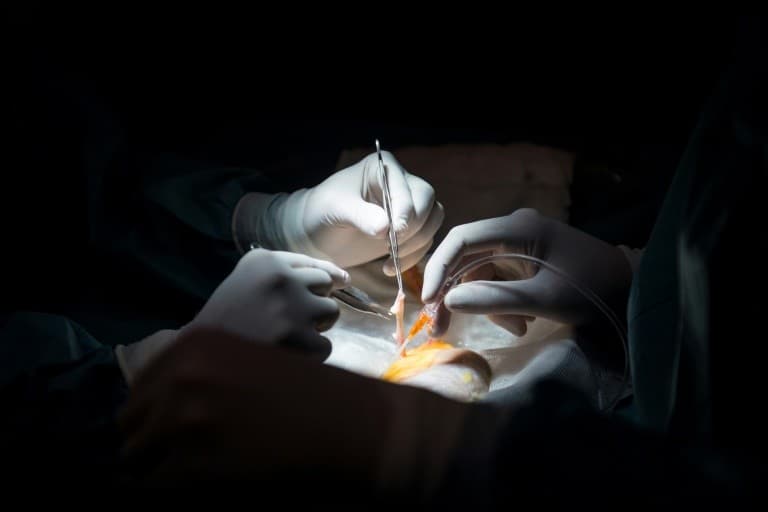He Has Lived for 50 Years with his Mother’s Kidney: A World Record

Due to a malformation, Jean-Pierre Saliège, from Le Mans (Sarthe), underwent a kidney transplant half a century ago. For him, it is a “message of hope”.
When Jean-Pierre Saliège was grafted kidney , General de Gaulle was president, the Beatles sang Hey Jude and the Man had not yet walked on the moon. 50 years later, he sees in this record longevity a message of “hope”.
“For me it ‘s not a record, it’ s life that continues,” says the 70 – year – old man in a telephone interview with AFP .
“My mother gave me life twice”
On December 2, 1968, while his two kidneys were destroyed over the years because of a malformation, he was operated to receive another, given by his mother . She herself is still alive today and will soon be celebrating her 97th birthday.
“It was a rebirth. My mother gave me my life twice, “smiles this native of Le Mans, with the feel of a character from Audiard:
“It was either that or the boulevard des allongés (death, ed).”
“I had 15 days left to live. The teacher told my mother, ‘Lost for lost, I am going to have an experiment’, he explains to our colleagues at France Info .
The Foch hospital in Suresnes , where the operation took place, officially celebrates this fiftieth anniversary on Friday, May 10, 2019.
A record of longevity
“This is surely one of the world ‘s longevity records,” says AFP doctor Renaud Snanoudj, a nephrologist in Foch. “We found a similar case in Los Angeles, and it is possible that there are elsewhere. But it’s quite exceptional, “he continues.
According to the Biomedicine Agency, the average survival time of a kidney transplant is 13.9 years: this means that half of kidney transplants for 13.9 years still have their functional graft (if not he must be replaced).
In addition, 68.5% of kidney transplant patients are still alive after 15 years of transplantation.
Last year, there were 3546 kidney transplants in France (out of 5781 all organs combined), including 537 from a living donor.
“But in 1968, there were only a few each year,” says Dr. Snanoudj. “We were in the early stages of kidney transplantation, since the earliest dates were from the late 1950s and early 1960s.”
A normal life with 31 different jobs
After a thorough surveillance in the months following the operation, Jean-Pierre Saliège feels “that life resumes” in July 1969: “This is the first time I go to nightclub, and I say to myself: Hey guys , it starts to regazer! “.
“Then I bought a motorcycle, and I lived a rigorously normal life for 50 years, occupying 31 different jobs, including accountant, home or commercial insurer.”
“I am followed regularly but I do not have a monastic life: I like drinking wine, I was betrothed seven times and I divorced 19 years ago,” he says. “On the other hand, I did not have any child because I did not want it”.
Since his transplant, Jean-Pierre has to take daily immunosuppressive treatment, essential to avoid a rejection. Only patients whose donor is their twin can do without it.
The longevity of its graft is all the more remarkable in 1968, these treatments were less effective than today and had more frequent rejections.
At the time, Jean-Pierre Saliège had been cared for by two pioneers, now deceased: surgeon René Küss and nephrologist Marcel Legrain.
5 to 10% of French people suffer from kidney disease
In France, kidney failure is estimated to affect more than 80,000 people. The only way to deal with it is dialysis and transplantation.
According to the hospital Foch, “in nearly 50% of cases, renal diseases leading to insufficiency result from diabetes or high blood pressure.”
In addition, “between 5 and 10% of the French population suffer from kidney disease that can lead to an insufficiency”.
“The story of Mr. Saliège sends several messages: it shows the benefits of a kidney transplant and proves that people who donate a kidney live very well then,” notes Dr. Snanoudj.
Enjoyed this? Get the week’s top France stories
One email every Sunday. Unsubscribe anytime.


